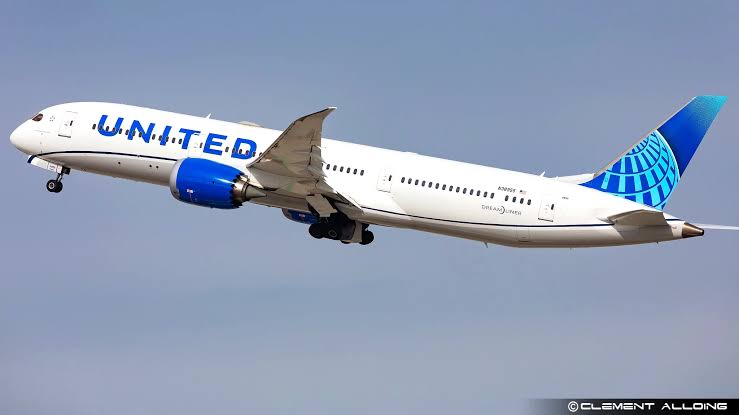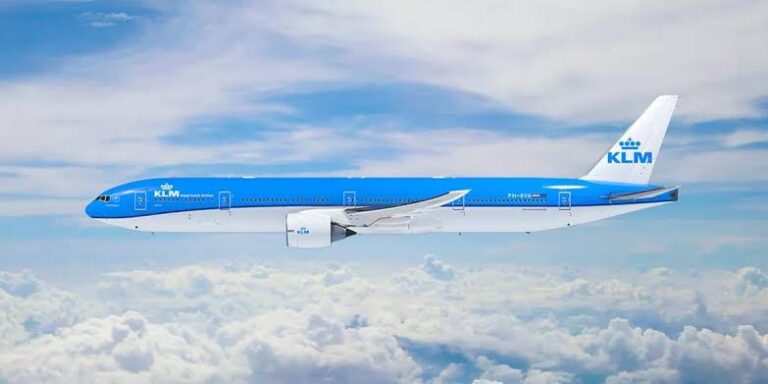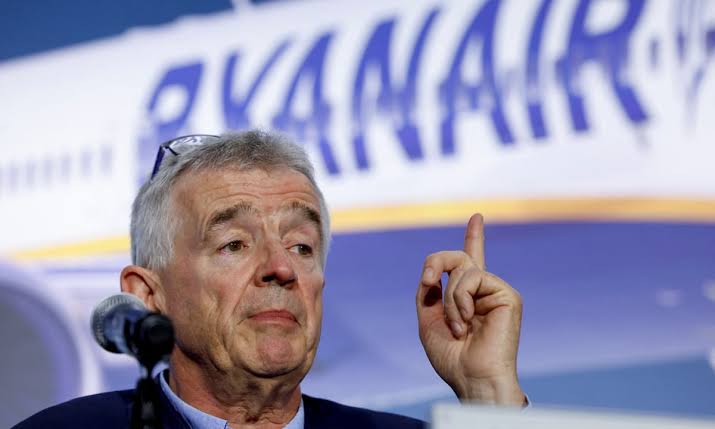Lufthansa Grounds Flights Amid Russia-Ukraine Drone War
Lufthansa Grounds Flights Amid Russia-Ukraine Drone War
Introduction
Lufthansa Airlines, one of Europe’s largest carriers, has announced the suspension of certain flights due to escalating security risks posed by the ongoing Russia-Ukraine conflict. The decision comes in response to increased drone attacks and heightened military activity in the region, raising concerns over airspace safety.
As the war intensifies, the aviation industry faces growing challenges in navigating European airspace, with airlines reassessing their routes and security measures. This article explores Lufthansa’s decision, its implications for passengers and the global aviation sector, and the broader impact of the Russia-Ukraine conflict on air travel.
The Escalating Conflict and Its Impact on Air Travel
Since Russia’s full-scale invasion of Ukraine in February 2022, the war has disrupted multiple industries, including commercial aviation. Ukraine’s airspace has been largely restricted to civilian aircraft since the early days of the conflict, forcing airlines to reroute flights over safer territories.
However, recent months have seen a sharp increase in drone strikes, particularly in Russian border regions and areas near Ukraine’s western neighbors. As a result, international carriers, including Lufthansa, have had to reassess the safety of their flight paths.
Lufthansa’s latest move follows warnings from aviation authorities about the growing risks of drone warfare. The airline’s decision underscores the serious threat posed by military activity in the region and highlights the challenges faced by airlines operating in contested airspace.
Lufthansa’s Decision to Ground Flights
Lufthansa has announced that it will temporarily suspend flights to certain destinations affected by the security situation. The airline cited safety concerns as the primary reason for grounding these flights, aligning with recommendations from global aviation regulators.
Routes Affected
While Lufthansa has not specified all the routes impacted, the suspension is expected to primarily affect flights to and from:
Russia
Ukraine (previously suspended since 2022)
Eastern European countries bordering Ukraine, including Poland and Moldova
Additionally, Lufthansa may adjust other long-haul routes that typically pass over the region to avoid high-risk areas.
Statement from Lufthansa
In a statement, Lufthansa emphasized its commitment to passenger and crew safety:
“The safety of our passengers and employees is our top priority. Due to the evolving security situation in Eastern Europe, we have decided to temporarily suspend select flights and reroute others. We continue to monitor the situation closely and will resume operations when it is deemed safe to do so.”
The airline reassured affected travelers that alternative travel arrangements would be provided where possible.
How Passengers Are Affected
The suspension of Lufthansa flights will have significant consequences for passengers, particularly those traveling between Germany and Eastern Europe. Some of the key challenges include:
Flight Cancellations and Rescheduling
Passengers booked on affected flights will need to seek alternative travel options, which could include rebooking with other airlines or adjusting itineraries. Lufthansa has pledged to offer refunds or alternative routes where feasible, though capacity on other carriers may be limited.
Extended Travel Times
For travelers on long-haul flights that typically pass through Eastern European airspace, rerouting could add extra hours to travel times. Some flights may be redirected over safer but longer paths, increasing fuel costs and causing potential delays.
Stranded Passengers
Those already in affected regions may face difficulties in returning home, especially if other airlines follow Lufthansa’s lead and suspend flights. Passengers are advised to check with their airlines and travel agencies for updates.
Aviation Industry Response
Lufthansa is not the only airline reconsidering its routes. Other major carriers, including Air France, British Airways, and Turkish Airlines, are also monitoring the situation closely.
Airline Safety Measures
Rerouting Flights: Many airlines have already adjusted their flight paths to avoid Ukrainian and Russian airspace. Some may further expand these no-fly zones.
Coordination with Authorities: Airlines are working with aviation regulatory bodies like the European Union Aviation Safety Agency (EASA) and the International Civil Aviation Organization (ICAO) to assess risks.
Increased Insurance Costs: The heightened risk of flying near conflict zones has led to increased insurance premiums for airlines operating in affected regions.
Comparisons to Past Airspace Closures
Lufthansa’s move is reminiscent of previous airspace closures due to military conflicts, including:
MH17 Disaster (2014): The downing of Malaysia Airlines Flight MH17 over eastern Ukraine led to widespread restrictions on flying over conflict zones.
Afghanistan Airspace Closure (2021): After the Taliban’s takeover, many airlines stopped using Afghanistan’s airspace for safety reasons.
Given the recent rise in drone warfare, airlines are being extra cautious to avoid potential threats to commercial flights.
Economic and Political Impact
Impact on Lufthansa’s Operations
Lufthansa, like many European airlines, has already faced financial strain due to past crises, including the COVID-19 pandemic and rising fuel costs. The suspension of flights in Eastern Europe could further impact revenue, especially on routes that were historically profitable.
Impact on Eastern European Airports
The grounding of Lufthansa flights could negatively affect airports in Poland, Moldova, and the Baltic states, where Lufthansa operates key routes. These airports may see reduced passenger numbers and lost revenue as a result.
Political Ramifications
The decision to ground flights also carries political significance.
Germany’s Role in the Conflict: As a key NATO member and supporter of Ukraine, Germany’s national carrier suspending flights adds to diplomatic tensions with Russia.
Potential Russian Retaliation: Russia may impose restrictions on European airlines in response, further complicating air travel.
Future of Air Travel in the Region
While Lufthansa’s suspension is currently temporary, the future of air travel in Eastern Europe remains uncertain. Several factors will determine how long these disruptions last:
Military Developments: If the drone war intensifies, more airlines may halt flights indefinitely.
Diplomatic Resolutions: Peace talks or ceasefires could lead to safer conditions for commercial flights.
Technological Advancements: Improved air defense systems could mitigate risks for civilian aviation.
For now, travelers should stay informed and check airline updates before planning trips to or through Eastern Europe.
Conclusion
Lufthansa’s decision to ground flights due to the Russia-Ukraine drone war highlights the increasing risks posed by military conflicts on global aviation. While safety remains the priority, the impact on passengers, airlines, and regional economies is significant.
As the situation unfolds, airlines, governments, and aviation authorities will need to work together to navigate these challenges and ensure the continued safety of air travel. Until stability returns, passengers should prepare for potential disruptions and stay updated on travel advisories.






